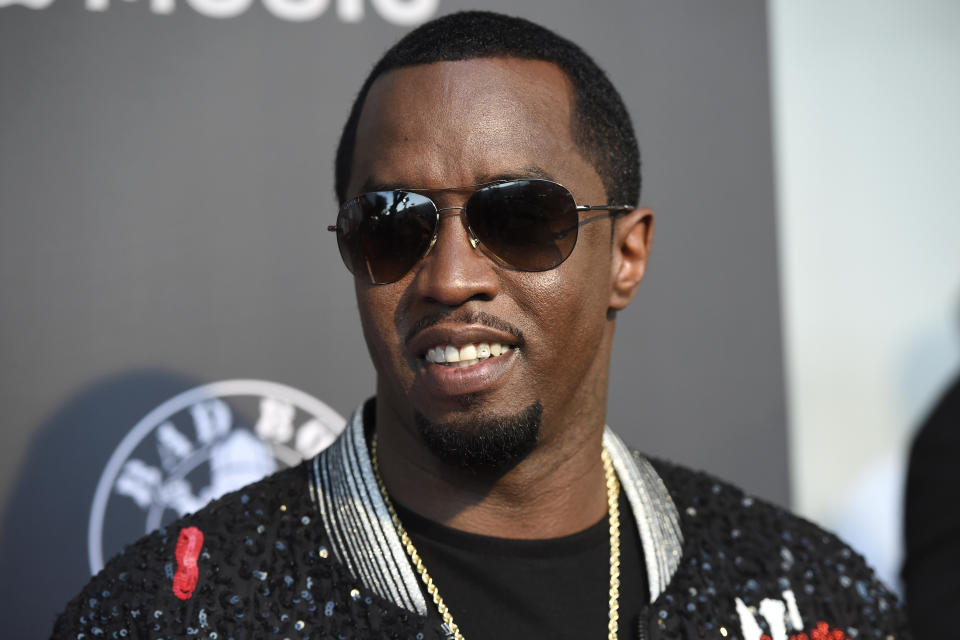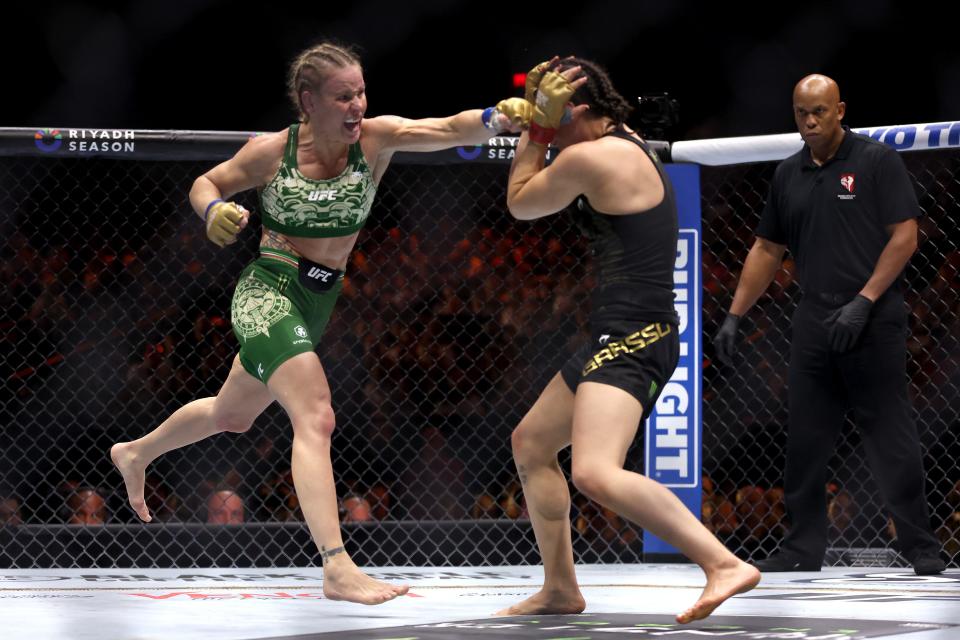Prime Minister Justin Trudeau’s Liberal Party has lost a crucial parliament seat in a special election in Montreal, a defeat likely to put more pressure on the Canadian leader to quit.
The narrow loss in Montreal’s federal electoral district of LaSalle-Émard-Verdun is the second such defeat in three months for Trudeau’s minority Liberal government.
With all the votes counted, Liberal candidate Laura Palestini came second behind the Bloc Quebecois candidate, Louis-Philippe Sauvé.
In his ninth year as prime minister, Trudeau’s approval rate has plummeted from 63% when he was first elected to 28% in June of this year, according to one poll tracker.
Opinion polls suggest the Liberals are on track to lose the next election to the Conservatives, the current official opposition in Canada’s parliament.
The prime minister has faced calls to resign as party leader, including from within his own party.
But he has insisted he plans to stay on and lead the party into the next election, which is scheduled for October 2025.
The Montreal by-election was held after the January resignation of former Liberal minister David Lametti, who had held the seat since 2015.
In June, Trudeau’s Liberals lost a Toronto federal seat that it had held for 30 years to the opposition Conservative Party – a major sign of trouble for the party, which has been in power since 2015.
The election could also be triggered sooner, after the NDP early this month pulled out of an agreement with the minority Liberals that helped keep them in power.
Also on Monday, the progressive NDP managed to narrowly hold onto a seat in a by-election in Winnipeg, Manitoba.
The by-election in the riding – or constituency – of Elmwood-Transcona in Winnipeg was held after the resignation of long-time NDP member of parliament Daniel Blaikie in March.
The NDP kept the seat – a stronghold for their party – with 48% of the vote.
The Conservatives came second with 44% of the vote.
While the Liberals were not expected to win the Winnipeg riding, there were still some signals of trouble – their candidate took 5% of the vote compared to 15% in the last federal election.
In recent years, Canadian voters have shown increasing frustration with the government on issues like rising inflation, a housing affordability crisis, healthcare and immigration.
EMEA Tribune is not involved in this news article, it is taken from our partners and or from the News Agencies. Copyright and Credit go to the News Agencies, email news@emeatribune.com Follow our WhatsApp verified Channel




